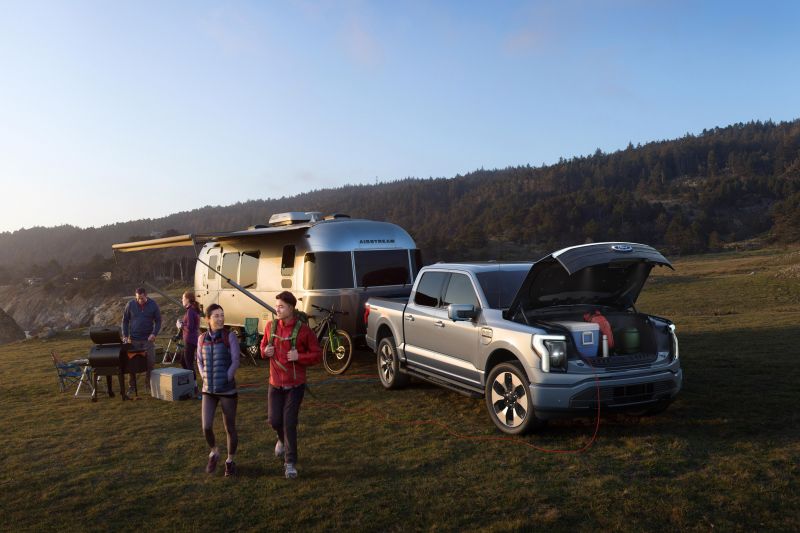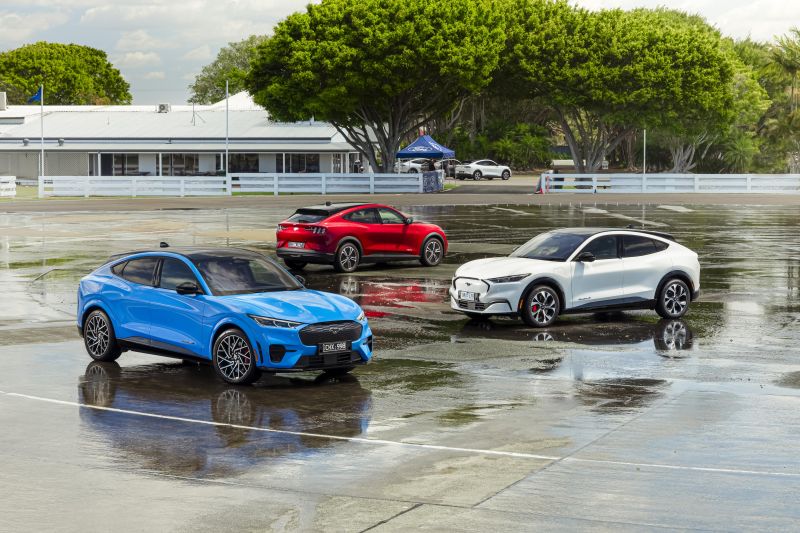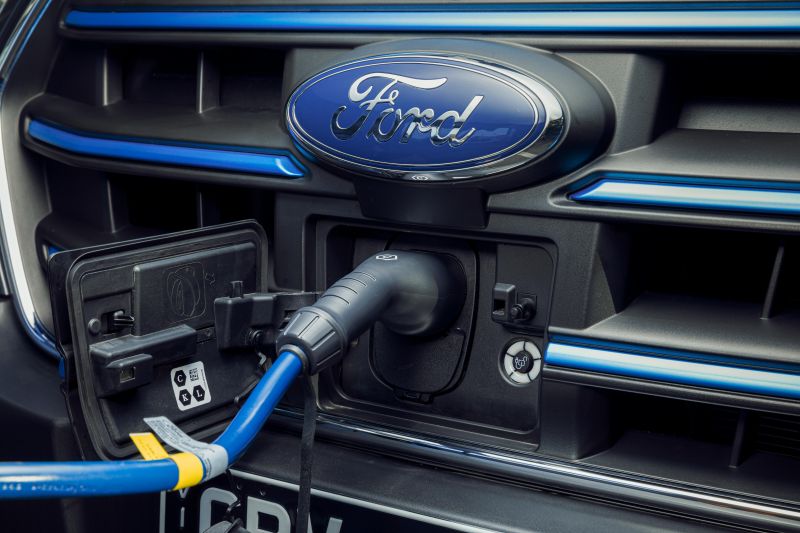A joint venture between Ford Motor Company, LG Energy Solution and Koç Holdings has reportedly been scrapped amid electric car demand slowing down.
In February 2023 the three companies signed a memorandum of understanding to produce electric car batteries in Baskent, Türkiye from 2026, however on November 10, 2023 the deal was revoked.
“As a result of the evaluations regarding the foreseen battery cell production investment in Ankara, it has been concluded that, considering the current pace of electric vehicle adoption, the timing is not appropriate for a battery cell investment,” said Koç Holding in a statement to the Public Disclosure Platform (KAP).
“The Memorandum of Understanding (MoU) mentioned in our announcement dated 21.02.2023 has been revoked.”
“Ford and Koç Holding will remain committed to support electric vehicle production at Ford Otosan’s Kocaeli Plant and will evaluate potential battery cell investments in the future in line with the dynamics of the electric vehicle market.”
Reuters reports LG Energy Solution – one of South Korea’s largest battery makers – will continue its relationship with Ford alongside other car makers like General Motors and Tesla.
“LG Energy Solution and Ford are working together on a plan to support battery cell production for this EV from LG Energy Solution’s existing operations, extending the companies’ long-standing business relationship,” said in a statement published by Reuters.
Korea Economic Daily reports the plant in Baskent – a town near Ankara, the capital – was expected to break ground later this year and be ready for full-scale battery production by 2026.
The plant was set to be Europe’s largest electric car battery cell facility.
Ford Motor Company previously planned to build a battery plant in Turkey with SK On – another one of South Korea’s largest battery manufacturers – but plans reportedly fell through in January 2023, one month before Ford signed its joint venture with LG Energy Solutions and Koc Holdings.
Korea Economic Daily reports the BlueOvalSK battery plant would have cost 4 trillion won (A$4.7 billion) to build.
LG Energy Solution warned of slowing revenue growth in 2024 due to global economic uncertainties.
The battery manufacturer is among other companies, including Tesla, Ford and General Motors, which have warned about slowing electric car demand, with fears high interest rates and stagnant growth in major economies including China and Europe will impact car sales.
This isn’t the first change Ford Motor Company has made to its battery plans.
A joint venture with SK On, which is part of a $11.4 billion agreement, saw the two companies agree to build three new EV lithium-ion battery plants: two in Glendale, Kentucky and one in Blue Oval City, Tennessee.
The first of two plants to be built in Kentucky began construction in December 2022, however, Ford has since delayed its second plant which was originally planned for 2026.
At the time of the agreement, SK On claimed the annual production capacity of lithium-ion batteries from both plants could be 86 gigawatt-hours (GWh). The plants’ battery production is largely intended for Ford and Lincoln electric vehicles including the Ford F-150 Lightning.
According to Korea Economic Daily, SK On is losing money from its battery business after spending 4.8 trillion won (A$5.6 billion) on a facility expansion in the first half of 2023.
“I don’t see the current situation as negative because it allows us to make the necessary preparations while taking a breather,” said SK On President Jee Dong-seob, according to Korea Economic Daily.











